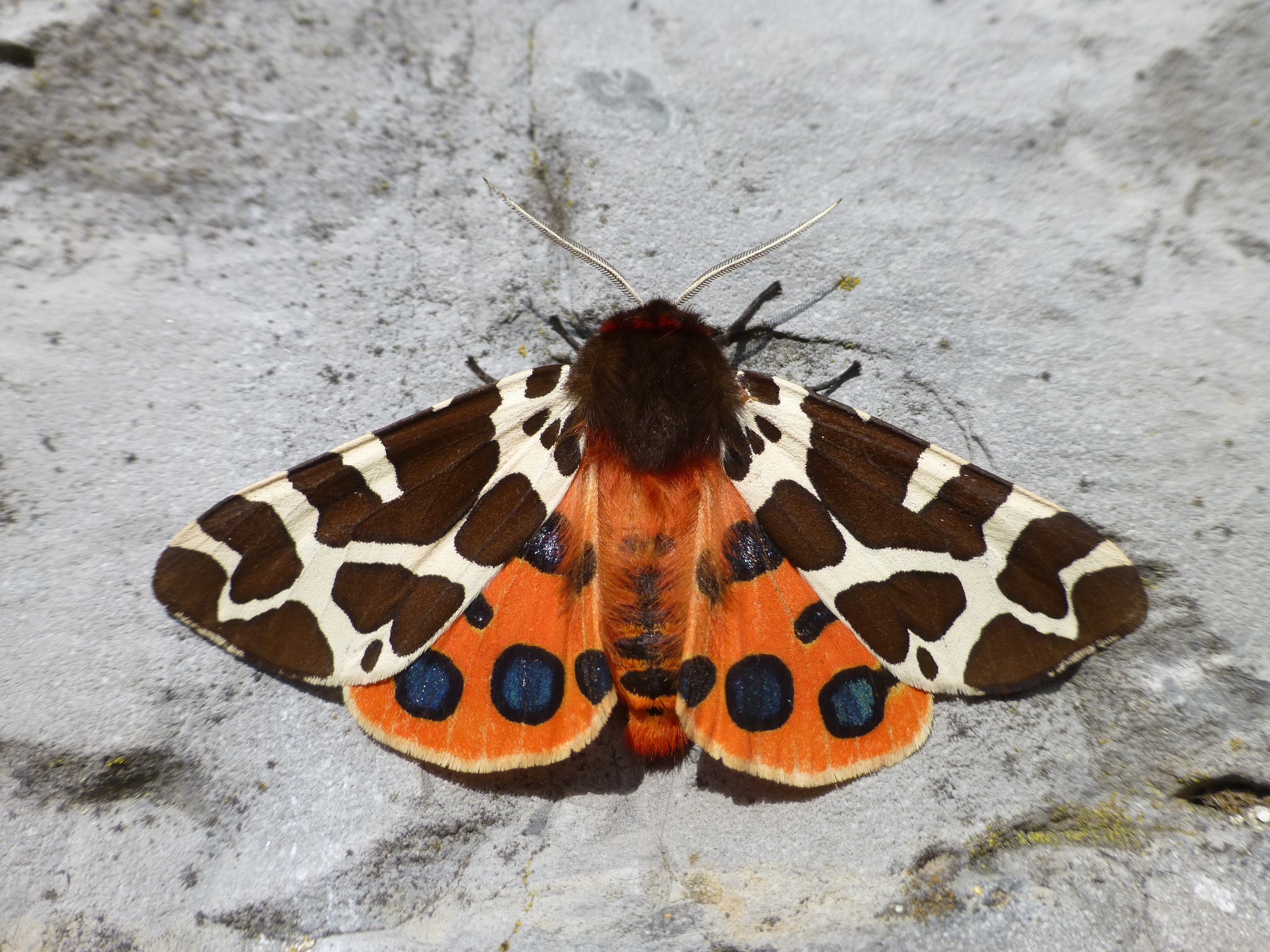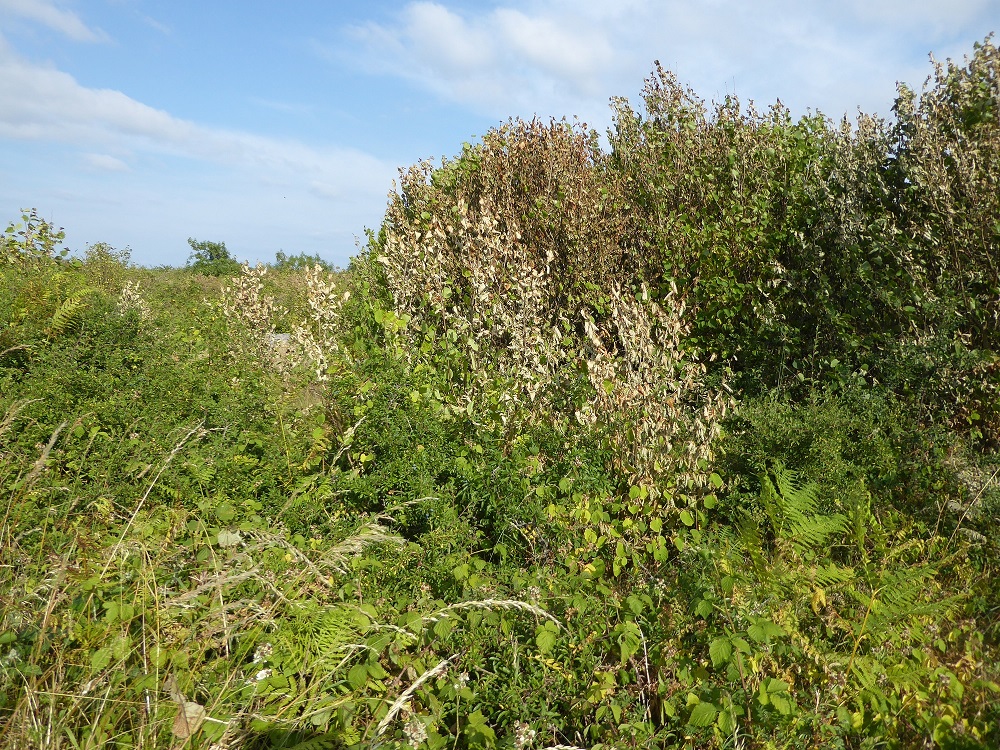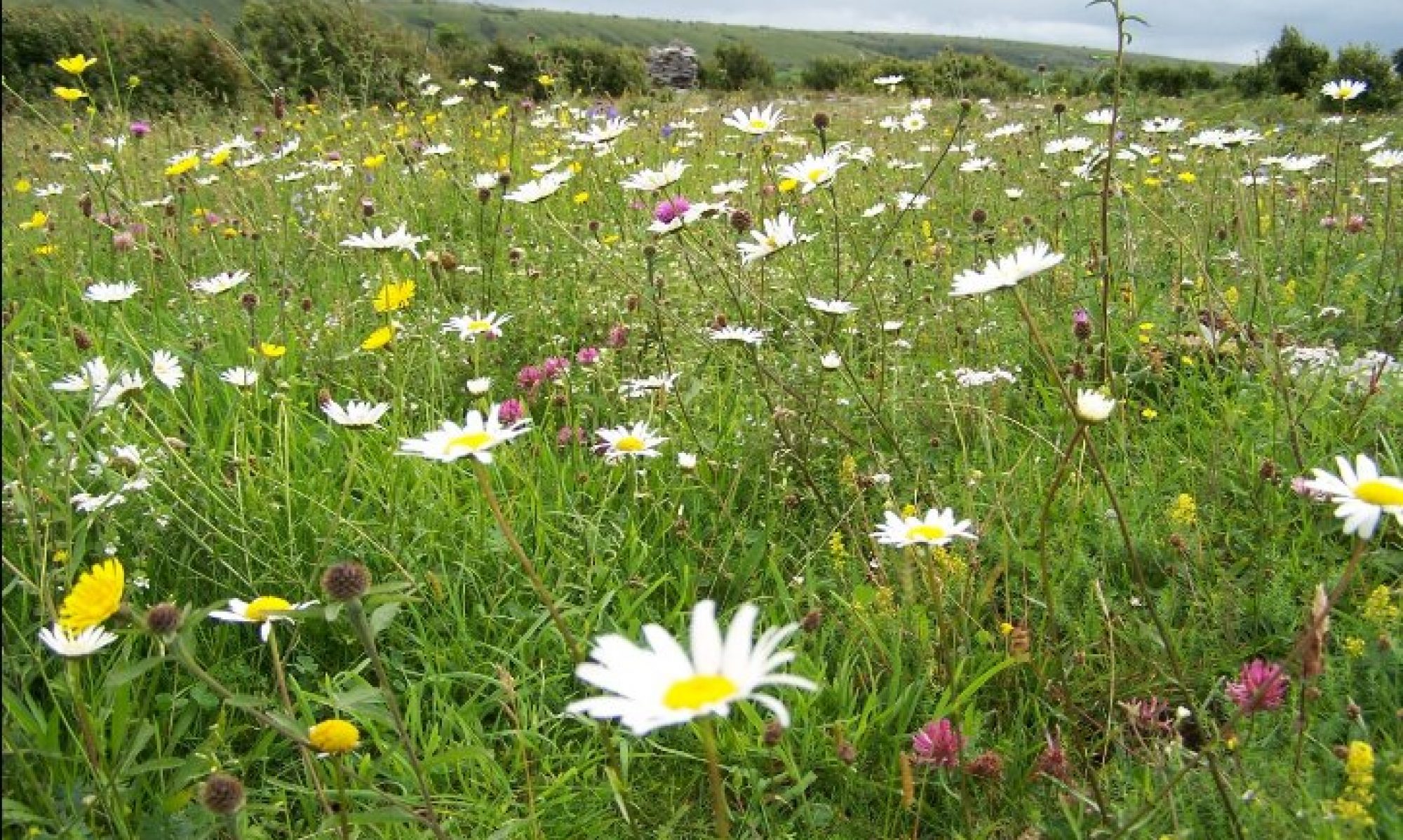In the early years of the twentieth century, Romanian diplomat Take Ionescu warned German Foreign Minister Alfred von Kiderlen Wächter that German armament building would produce disaster: “You are rushing directly into war with England”. In 1914, the UK declared war on Germany.
In March 1919, even before the Versailles Treaty was signed, British Prime Minister David Lloyd George wrote (in his Fontainebleau Memorandum) that creating small states containing German-speaking people on Germany’s borders would produce trouble. Hitler later invoked the principle of national self-determination enunciated at Versailles to claim Austria and Czech and Polish territory on the grounds that ethnic Germans resided there.
On the night the Titanic sank in April 1912, Jack Philips, the Titanic’s radio operator signalled other ships to stop sending ice-berg warnings. Philips replied to a warning from Cyril Evans, wireless operator on The Californian: “Shut up. Shut up. I am busy”.
We have a history of ignoring warnings. History teaches us to heed warnings, but we continue to pretend that everything will work out, or will not happen, or will not happen to us.
On December 3rd 2018, some chilling warnings were given at the UN Framework Convention on Climate Change in Poland. One warning was provided by the World Meteorological Organisation. The 20 warmest years on record have been in the last 22 years and the warmest four years have been the last four years. It was also announced that Carbon Dioxide (heavily linked with the rise in global temperatures) emissions are rising again. But the most frightening warning came from Sir David Attenborough:
“The collapse of our civilisations and the extinction of much of the natural world is on the horizon”.
We are looking at a rapid deterioration of our planet. We are consuming far too much. If we continue to pollute and exploit as we do now we will have done so much damage that life on earth will become impossible or very difficult within 100-150 years. If every family on the planet consumed as much as the average Irish family, we would need the resources of three and a half planets to support these consumption levels (Revd Professor Michael Mullaney, Maynooth University).
The mass destruction, the rampant greed for more than we can ever need is a violating life on earth. What can mend that?
Conservation repairs our relationship with the natural world. Conservation of our natural heritage resources is the responsibility of everyone, not just professional conservationists. Conservation can involve very elementary steps. Every time you see a new butterfly that developed in your garden take flight, you are part of the solution. Garden for nature by planting native plants and allowing them to grow as they do in the wild. Read good literature about how to manage wild spaces. Do not use chemicals in your garden. Garden organically. Join a conservation organisation and get involved in its work.
We can be conservationists in our consumer choices. Buy what you need. Avoid excessive consumption. Steer clear of palm oil. Rainforests and their inhabitants, people, plants and animals are destroyed to grow this crop. Make your purchases a moral choice. Governments must act too and will if enough pressure is applied. On your holidays, visit areas rich in wildlife. This encourages the preservation of such areas.
Unless we change our behaviour, we will all pay the price in the end. And so will our world.



